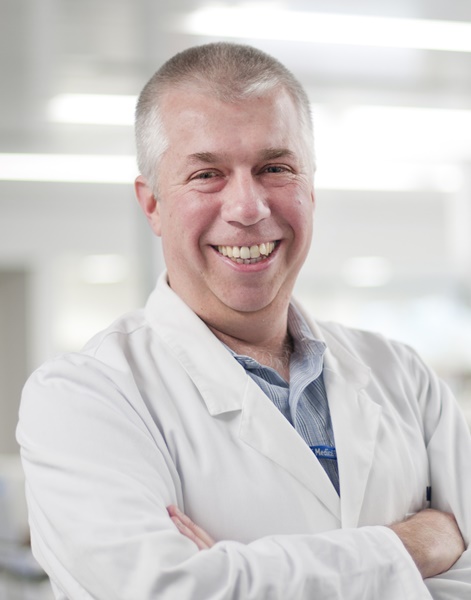Harnessing the power of immune diversity to maintain immunity and promote anti-tumour immunity

Stephen Nutt
Walter and Eliza Hall Institute of Medical Research,
Parkville Australia
Abstract
Increasing evidence supports the concept that tissue resident immune cells have an intrinsic ability to adapt to their surrounds and can even play a homeostatic role on top of their canonical immune defence functions. Tissue-resident plasma cells (TrPCs) represent the largest fraction of the antibody-secreting cells in the body, and the secretion of immunoglobulins (Ig) acts as a primordial layer of protection within the mucosal tissues and maintains the homeostatic relationship between the tissue and its microbiota. Despite their fundamental importance, TrPCs are poorly characterised and their capacity to play an Ig-independent homeostatic role undefined.
We have used transcriptomic profiling, imaging and time-stamping analyses to describe the diversity of plasma cells found throughout the body. We find that TrPCs are long-lived and show clear evidence of tissue-specific functions, including the expression of unique immune modulatory molecules at distinct mucosal sites. The tissue specialisation of cells of the humoral immune lineage suggests that the specific targeting of this process will be beneficial for both boosting vaccination in infection relevant tissues and for the control of TrPCs in disease settings.
Dendritic cells show similar tissue heterogeneity, and we have been exploring the transcriptional programming of this process as well as using synthetic biology approaches to harness the power of dendritic cells as potential new cellular therapies for the treatment of otherwise intractable cancers.
Time: 14:00 -15:30, November 27th(Monday)
Venue: Room D326, Medical Science Building
Host: Dr. Li Wu

Copyright © 2017 Institute for Immunology Tsinghua University
Contact Address: Room D302, Medical Science Building, Tsinghua University, Beijing 100084, China
Tel: (86) 10-62776420 Fax: (86) 10-62776420
